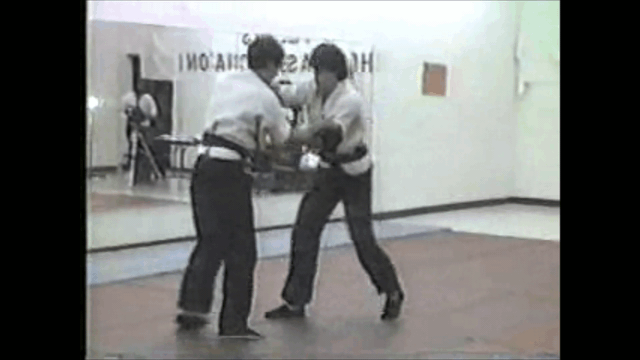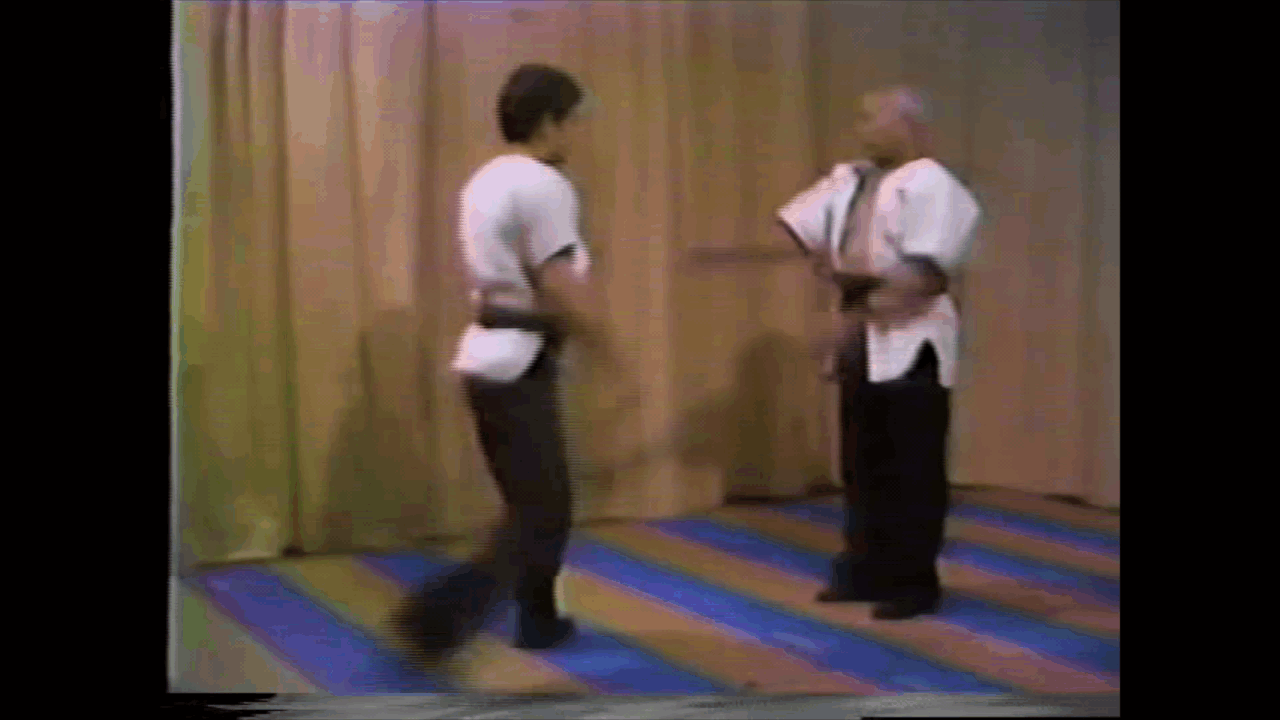This is an important point and one that mainly held in karate prior to about 1920 at which time a new branch evolved, one intended for the general public. This came to be known as karate-do (as opposed to karate-jutsu). Rather than combat application oriented, karate-do concentrated on the general benefits the practice provided: Exercise, self-discipline and eventually sport (and even entertainment). This is largely the state of current karate, but schools that still emphasize the combat application jutsu still exist to a greater or lesser degree. Karate only became a sport fairly late in its evolution.
Yeah, I remember learning about the "jutsu/do" distinction decades ago, though my background in actual Japanese arts is minimal. I suspect we'd differ somewhat on the distinctions between sport and combat. Though I appreciate your inclusion of the word "entertainment." I have the utmost respect for the arts of boxing, MMA, etc. But the entertainment industry of each doesn't hold much interest for me.
This is true, even more so since the time I first started sparring. Here we are talking sport, and sport has rules. One must conform to the rules of the sport. This means one's techniques and, as a result, strategy must be adapted to be successful within the rule set. This is why it is near impossible to tell one style from another in kumite/sparring competition as all must fight "the same way" to fit the rule set. There were less rules in the 1960's and start of the 1970's so it was a bit easier to notice the difference in styles. In a real sense, competition karate is its own style.
Everything has rules. Unless someone is in the regular habit of actually gouging eyes and (re)stomping groins, their training has rules. Where those rules compromise is the question. My appreciation for combat sport (though I don't compete myself) is that it makes its compromises elsewhere than does a traditional approach. The key, to my mind, is to try different approaches so that you distribute your compromises. A boxing glove isn't an eye gouge, certainly. But getting a boxing glove to a resisting opponent's face is a helpful indicator of whether you could get your fingers to an opponent's eyes in the first place.
I'm not sure I entirely agree with the point about competition. There's nothing in most of those sports formats that preclude classical technique. Stances, blocks, etc. Those things that are characteristic of specific styles. I think there's more to it than that.
There was a method of boxing continuously passed down from ancient Greece, thru the Middle Ages to modern times? And even in the past few centuries did a nation's history and unique culture affect their boxing's purpose and nature? That is the kind of tradition I'm referring to. Sure, there is a specific culture in boxing like there can be a corporate culture, but these are self-contained and self-generated. They're not a reflection of the greater cultural history (other than from a sport or profit consideration) of a country. In this respect, boxing and karate are different. This is my only point and why I think boxing (which is a great skill and sport!) is not a TMA as most would see it.
I don't think I entirely agree that boxing doesn't reflect a greater cultural history. It's a different sense of culture and history, I'll grant you. But in some regards, I think it resembles that of the traditional East Asian martial arts. As a tool available to anyone against some form of oppression, I think boxing has a very important cultural history. From the gladiators to the various cultural groups you see prominently in boxing, there's a tradition of social mobility in the face of oppression.
That said, I also said that boxing was not a traditional martial art in the way I was defining them. But I am fully prepared to frame it as an art. We agree that it's a great skill.


